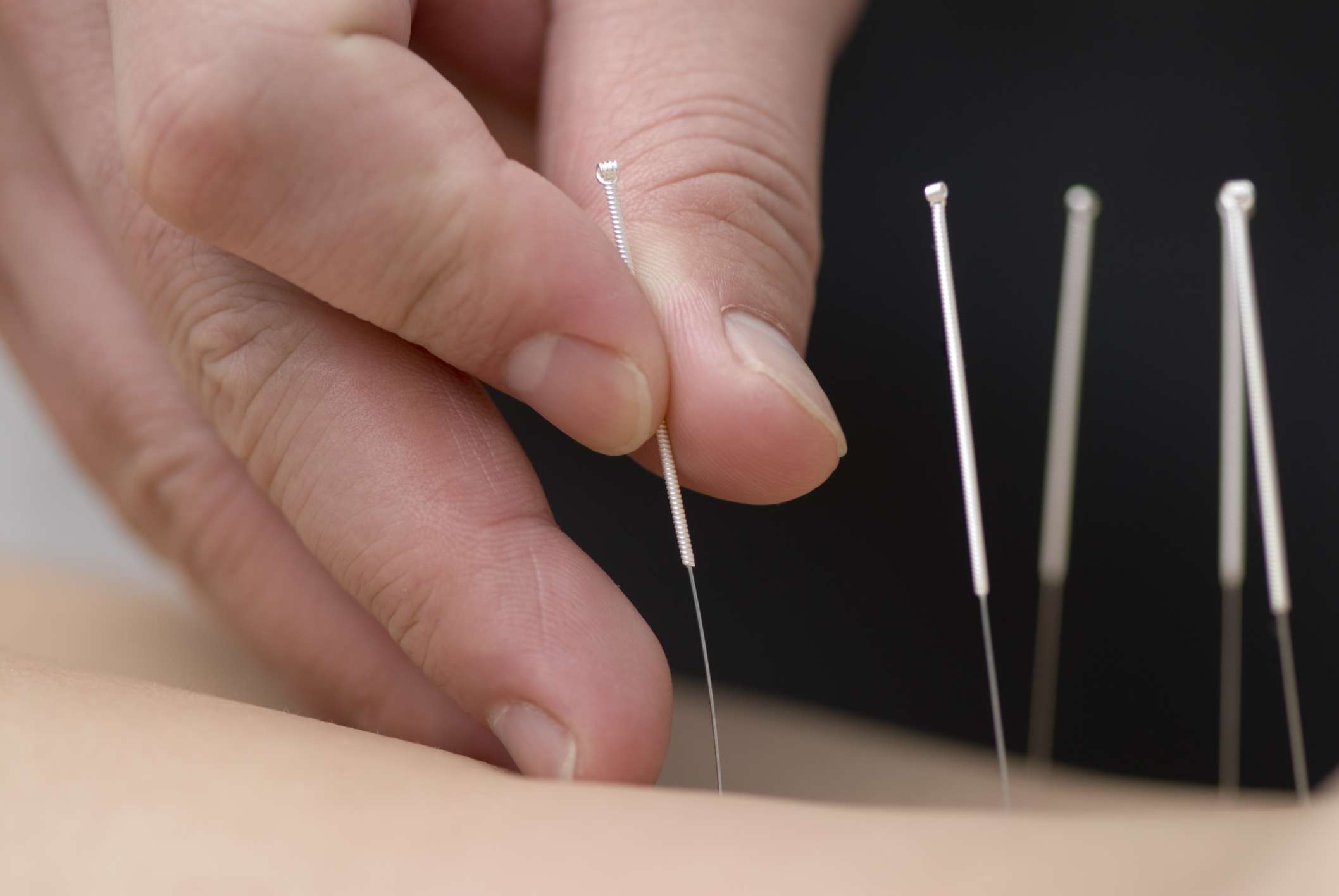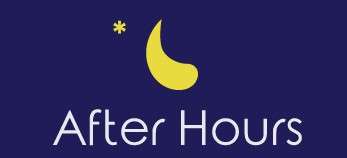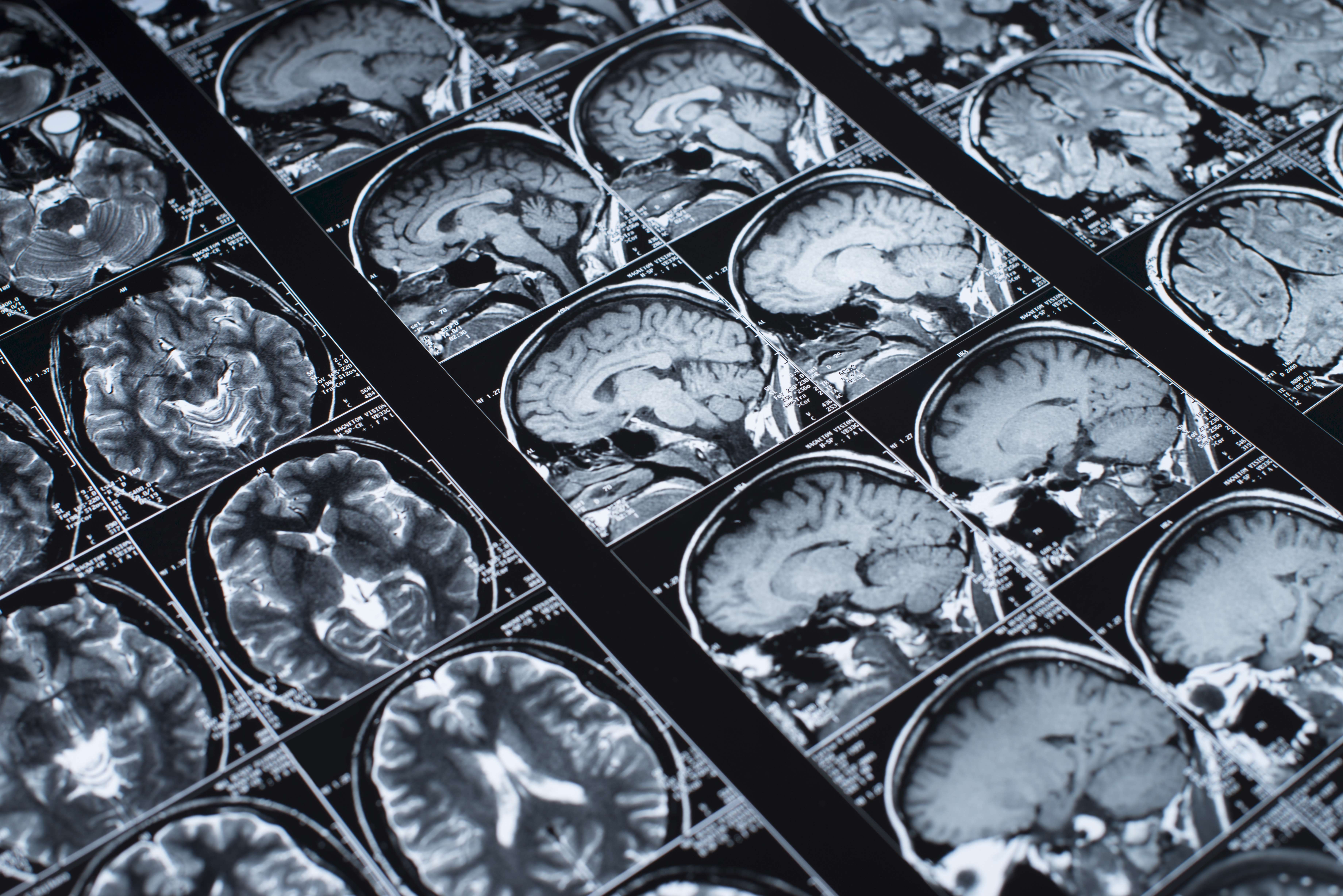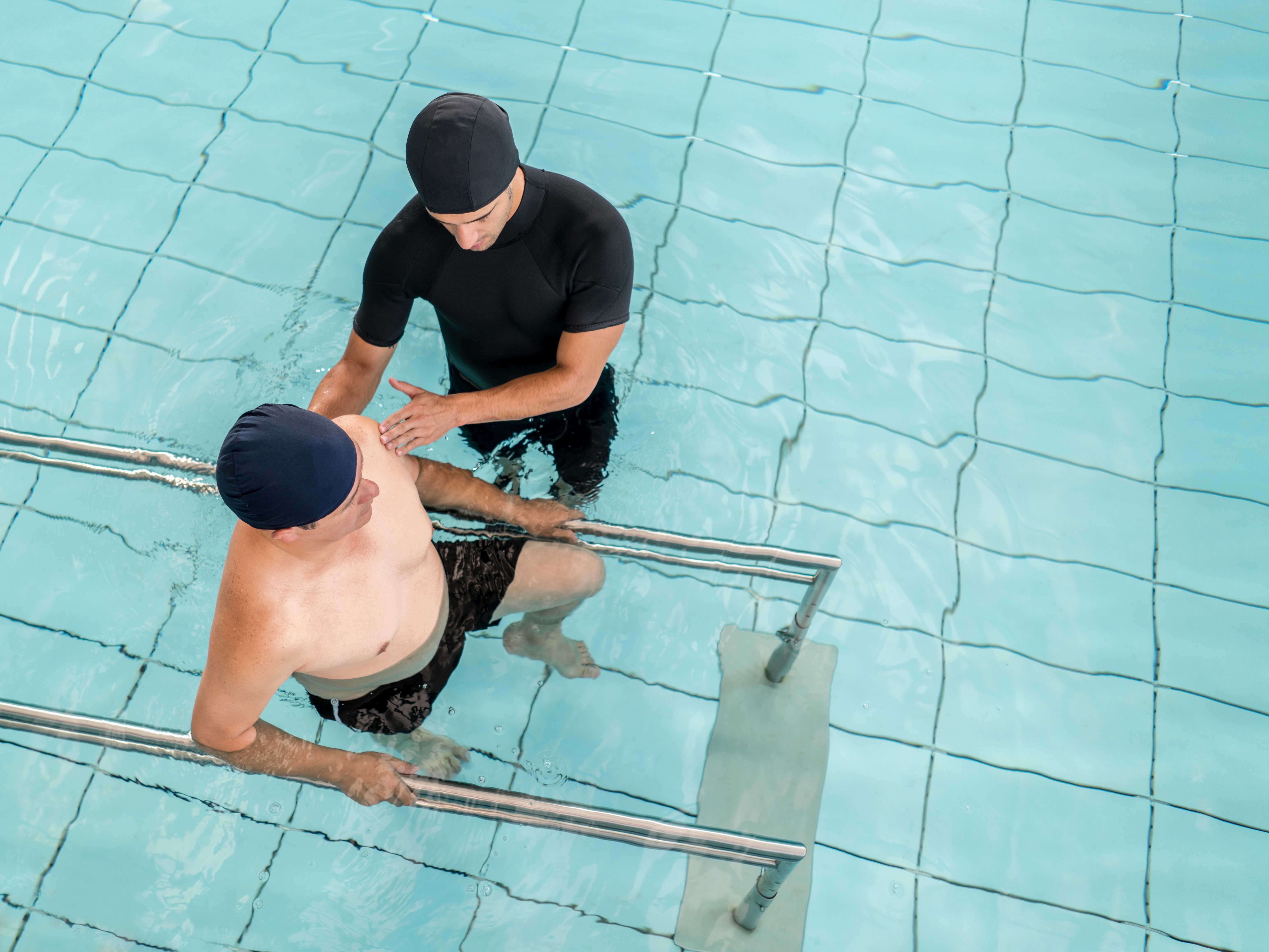
Exercise Rehabilitation Programs
- Individualised programs
- Goal oriented programs
- Strength and Conditioning
- Functional rehabilitation
Dry Needling is a technique used by physiotherapists to treat pain arising from pain sensitive muscles, involving the placement of a needle into a tender point. These tender points can be painful to touch and can produce significant pain over a large area. They may also be too deep to be effectively treated by other treatment techniques and the treatment is often less painful.
Physiotherapists may use dry needling in combination with other forms of treatment including exercises, education, and massage. Like all treatments it can be a piece of the puzzle utilised to get the best outcome.
Dry Needling can be used for:
Call us on our practice landline after hours if you are not managing your pain.
Our qualified physiotherapist will assess and provide you with treatment.
##Why an after hours Physiotherapy Service? We understand that like a GP practice our patients may require out of hours care and treatment if pain is not manageable. We have competent and dedicated staff including an after hours Physiotherapist, to provide assessment and treatment.
We should be able to see you within 30-45 mins depending on how far you live.
Yes, you will be assessed and provided treatment. You may also be advised to seek medical treatment if we think your condition is more serious.
Headache is defined as a pain arising from the head or upper neck of the body. The pain originates from the tissues and structures that surround the skull or the brain because the brain itself has no nerves that give rise to the sensation of pain (pain fibers). The thin layer of tissue (periosteum) that surrounds bones, muscles that encase the skull, sinuses, eyes, and ears, as well as thin tissues that cover the surface of the brain and spinal cord (meninges), arteries, veins, and nerves, all can become inflamed or irritated and cause headache. The pain may be a dull ache, sharp, throbbing, constant, intermittent, mild, or intense.
In 2013, the International Headache Society released its latest classification system for headache. Because so many people suffer from headaches, and because treatment is difficult sometimes, the Headache Society hoped that the new classification system would help health care professionals make a more specific diagnosis as to the type of headache a patient has, and allow better and more effective options for treatment.
The guidelines are extensive, and the Headache Society recommends that health care professionals consult the guidelines frequently to make certain of the diagnosis.
There are three major categories of headache based upon the source of the pain.
The guidelines also note that a patient may have symptoms that are consistent with more than one type of headache, and that more than one type of headache may be present at the same time.
We provide a number of treatment modalities to help you manage your pain and reduce the recurrence of your headache including:
Element Physio is your Professionals in Home Based Physiotherapy
Whether in your own home, nursing home or workplace, our qualified and experienced physiotherapists will come to you at a convenient time that suits you. All home-based physiotherapy services are individualised so that we can deliver results in the shortest possible time frames
We will complete a full assessment and conduct physiotherapy-specific tests so that your progress can be monitored and to help us identify a positive change in your condition. At your consent, we may even use video footage to track progress.
Physiotherapy reports can be sent to family members via email on a regular basis to keep them updated on your progress. We value communication with your family and GP.
We provide a number of treatment options which include:
Contact us on (02) 43 65 56 46 to arrange an appointment at your location of choice.
We are registered providers with the NDIS to support those who would benefit from greater time and attention.
Some of our patients prefer to tailor their own treatment plan with us directly while others prefer the use of an external provider.
Our services are accessible for both Physiotherapy & Exercise Physiology.
We provide comprehensive assessments, specific and meaningful goal setting for our patients and reporting back to referring providers.
We offer neurological rehabilitation services to improve quality of life, functional abilities and independence for people with the following conditions but not limited to:
Our therapists have experience working with people with complex neurological issues and movements disorders related to spasticity, dystonia, ataxia and rigidity.
Services we can provide include:
Diabetes is one of the most common chronic conditions in Australia. Around 1.7 million people live with this condition, and 85–90 per cent of cases are type 2. Exercise can be used as medicine to both prevent and manage type 2 diabetes.
The prevalence of diabetes is increasing at a rapid rate, with 280 Australians developing diabetes every day. That’s one person every five minutes.
Diabetes puts a strain on the healthcare system, with 1 million hospitalisations and 16,400 deaths associated with diabetes in 2015. The impact of diabetes also costs Australia an estimated $14.6 billion annually.
Despite its prevalence, type 2 diabetes is largely preventable. Statistics show that 53% of the diabetes burden is due to overweight and obesity alone.
Although we do not know exactly what causes type 2 diabetes, it is strongly associated with modifiable lifestyle risk factors.Peoples’ risk of developing this condition is greatly increased by several factors including high blood pressure, overweight or obesity, insufficient physical activity, and poor diet.
Although there is no known cure, exercise – when prescribed by a suitably qualified exercise professional – is a powerful tool for managing diabetes. Exercise helps to:
It’s important that people understand the value of seeking advice from an expert when it comes to exercising with diabetes.
Those living with diabetes often experience additional barriers to exercising, including diabetes related fatigue and comorbidities like cardiovascular disease.
Accredited Exercise Physiologist are university-qualified allied health professionals who have the skills and knowledge to prescribe exercise as medicine for those living with chronic conditions like diabetes.
There’s over 5,000 Accredited Exercise Physiologists around Australia, and this National Diabetes Week, we’re encouraging those living with diabetes to seek help and advice when it comes to their individual exercise needs.
Diabetes is one of the most common chronic conditions in Australia. Around 1.7 million people live with this condition, and 85–90 per cent of cases are type 2. Exercise can be used as medicine to both prevent and manage type 2 diabetes.
The prevalence of diabetes is increasing at a rapid rate, with 280 Australians developing diabetes every day. That’s one person every five minutes.
Diabetes puts a strain on the healthcare system, with 1 million hospitalisations and 16,400 deaths associated with diabetes in 2015. The impact of diabetes also costs Australia an estimated $14.6 billion annually.
Despite its prevalence, type 2 diabetes is largely preventable. Statistics show that 53% of the diabetes burden is due to overweight and obesity alone.
Although we do not know exactly what causes type 2 diabetes, it is strongly associated with modifiable lifestyle risk factors.Peoples’ risk of developing this condition is greatly increased by several factors including high blood pressure, overweight or obesity, insufficient physical activity, and poor diet.
Although there is no known cure, exercise – when prescribed by a suitably qualified exercise professional – is a powerful tool for managing diabetes. Exercise helps to:
It’s important that people understand the value of seeking advice from an expert when it comes to exercising with diabetes.
Those living with diabetes often experience additional barriers to exercising, including diabetes related fatigue and comorbidities like cardiovascular disease.
Accredited Exercise Physiologist are university-qualified allied health professionals who have the skills and knowledge to prescribe exercise as medicine for those living with chronic conditions like diabetes.
There’s over 5,000 Accredited Exercise Physiologists around Australia, and this National Diabetes Week, we’re encouraging those living with diabetes to seek help and advice when it comes to their individual exercise needs.

















